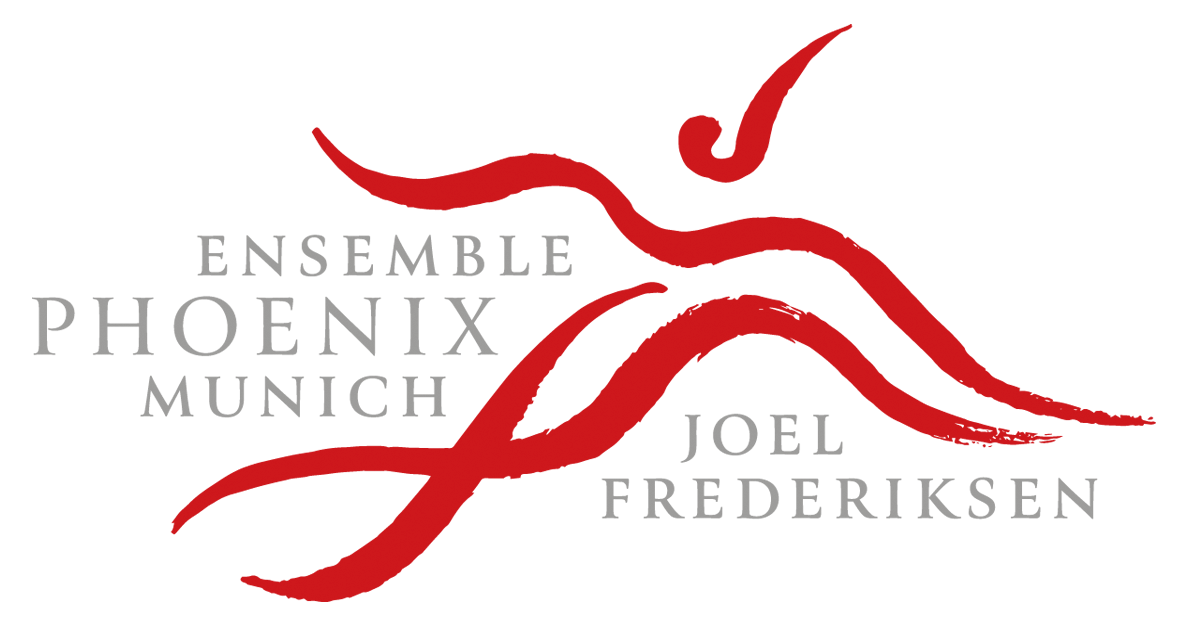Wondrous Free — Francis Hopkinson and the first songs of the New World
Francis Hopkinson and the first songs of the New World
This second concert in the EPM trilogy of American programs focuses on the music of America in the extremely dynamic period between colonization and independence: Secular and sacred songs as well as instrumental pieces by Francis Hopkinson, James Lyon and James Hewitt, among others, are accompanied by period instruments including the virginal, harpsichord, violin, flute and a so-called Yankee Church Bass.
With his signature on the Declaration of Independence Francis Hopkinson is one of the founding fathers of the USA. Born 1737 in Philadelphia he composed the song "My days have been so Wondrous Free" in 1759. He dedicated his book entitled "Seven Songs to the Harpsichord or Forte-piano" (which actually contains eight songs!!) to his friend General George Washington and declared himself the "first native-born American composer". In between he also found time to make a draft for the American flag and to write many satirical articles.
Presented alongside Hopkinson's songs are Broadside Ballads such as "Chevy Chase" or "Spanish Lady", secular and lively, which contrast with sacred works from the first book published in North America, "The Bay Psalm Book" (Boston, 1640). Settings from James Lyon's "Urania" (Philadelphia, 1761) including "Let the Shrill Trumpet's Warlike Voice" (Ps. 150) and "Come thou almighty King", to the well-known melody known variously as “God save the Queen”, “Heil dir im Siegerkranz”, or later "America" and "My country, tis of Thee”, complete the program.
EPMs trilogy of early American music includes "1620: Music of the Mayflower" and "Rose of Sharon" (CD harmonia mundi) which documented the voyage of the Pilgrim Fathers in song and the period between the Revolutionary and Civil wars, respectively. “Wondrous free" illuminates the epoch in between; between the founding of a colony and the attainment of independence when youthful idealism and the hope for a better world were expressed in patriotic songs. These were matters of life and death: sad, defiant, and full of youthful energy. A song about the battle for "Bunker Hill" between British troops and American militias in 1775 stands beside a toast in honor of George Washington or an upbeat and defiant medley of patriotic songs to the beat of Yankee Doodle.
Why perform this music now? Is it relavant?
Perhaps by examining our past we can find a better way into the future. The music of our nation in its youth if full of exuberance and is an inspiration and source of hope in troubling times. It is my hope that by re-discovering this music we can remind ourselves of our great heritage and move confidently forward, embracing our past and molding our present to create a future worth living.
Performers: Sabine Lutzenberger — soprano / Joel Frederiksen — bass, guitar, direction / Andreas Haas — flute / Theona Gubba-Chkheidze — violin / Michael Eberth — cembalo, virginal / Domen Marinčič — Yankee Church Bass
